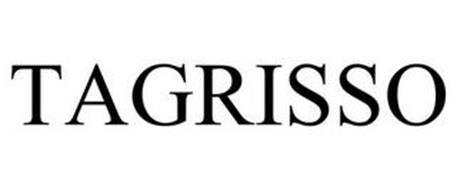FDA accelerates approval of new lung cancer drug

Also known as osimertinib, Tagrisso is intended for individuals who have an epidermal growth factor receptor (EGFR) resistance mutation called "T790M" and whose disease worsened after being treated with an EGFR-blocking medicine. EGFR is a protein that regulates cell growth with abnormalities in the gene leading to the development of NSCLC, the most common type of lung cancer.
The FDA-approved Tagrisso is under its accelerated approval program, which gives patients access to new drugs based on its effects on surrogate endpoints. These endpoints can predict clinical benefit and allows drugs for serious or life-threatening conditions to get into the hands of those that need it sooner as the FDA continues to conduct confirmatory trials.
Two previous clinical trials showed Tagrisso to either partially or completely reduce the size of tumors in more than half of people with advanced NSCLC displaying the EGFR T790M mutation and who have been unsuccessfully treated with EGRF-blocking therapy.
In addition to Tagrisso, the FDA has approved a new version of a EGFR resistance mutation diagnostic test that now includes the 7790M mutation.
“The approval of safe and effective companion diagnostic tests and drugs continue to be important developments in oncology,” Alberto Gutierrez, director of the office of in vitro diagnostics and radiological health in the FDA's Center for Devices and Radiological Health, said. “The availability of the cobas EGFR Mutation Test v2 meets a need for the detection of this important EGFR gene mutation, which can alter treatment effectiveness.”
Lung cancer is the leading cause of cancer death among men and women in the United States and is expected to claim the lives of more than 158,000 this year alone.








 Alerts Sign-up
Alerts Sign-up